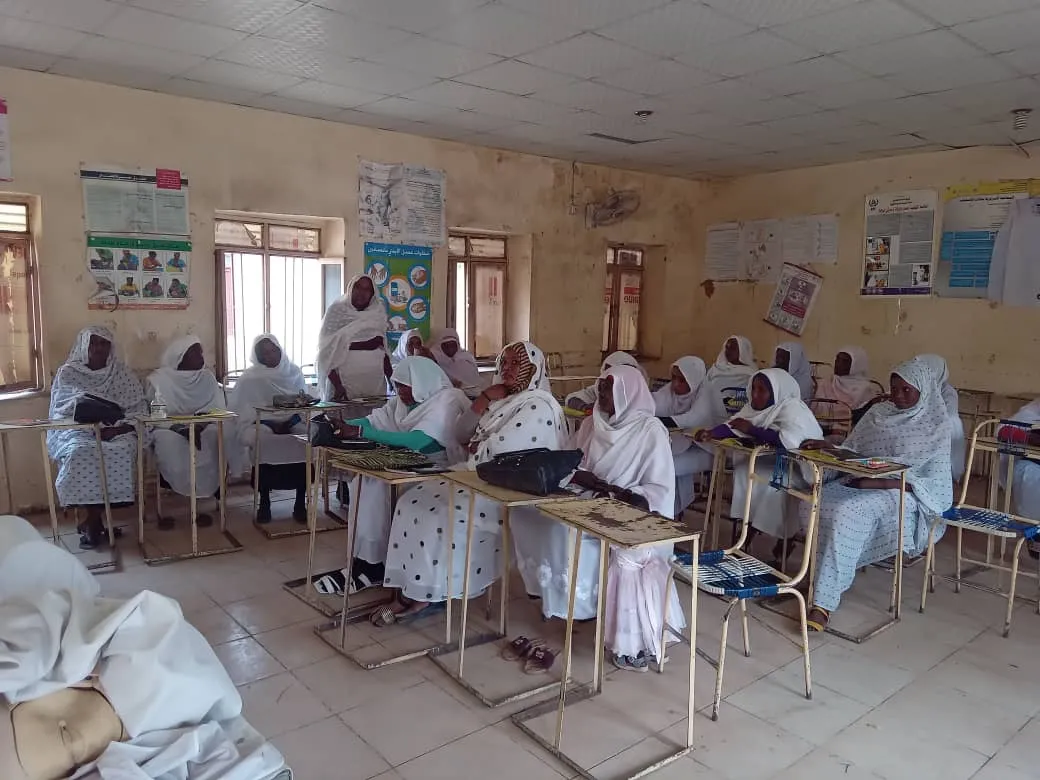She exchanges messages with loved ones in Khartoum to see how they spent the night. She sends others to family and friends abroad, reassuring them of her safety. And then she turns her attention to a group thread with colleagues.
Even as heavy fighting continues in Khartoum and in many other parts of the country, CARE and our partners are continuing to provide essential and lifesaving services to those who need it across the country.
Sara and her colleagues must continue their work, even if it is while they themselves are sheltering in place.
With many offices that are still open, there is much work to do.
The fighting is exacerbating an already difficult humanitarian situation in Sudan. Currently, over 11 million people can barely meet the minimum food requirements.
Close to four million children under the age of five, as well as pregnant and lactating women, are acutely malnourished.
Drought, floods, and disease outbreaks have contributed to the worsening humanitarian situation.
“We will not leave them behind,” Sara shares with the group.
CARE has been working in communities across Sudan since 1979. In the last six months of last year alone, CARE in Sudan reached 147,000 people with much-needed health services, 15,900 people with sexual reproductive health support, and 465,400 people with water, sanitation, and hygiene services.
Sara’s mind wanders as she thinks back to just days before the fighting.
Midwives play a major role in providing reproductive health services across Sudan. Luckily, CARE-supported clinics in East Darfur remain operational today. But for how much longer?
Humanitarian facilities must not to be targeted, attacked or looted during armed conflicts.
She checks in with some of the midwives. They are ok, but the already depleting stock of medical supplies risk not being resupplied for a long time considering the fighting.


